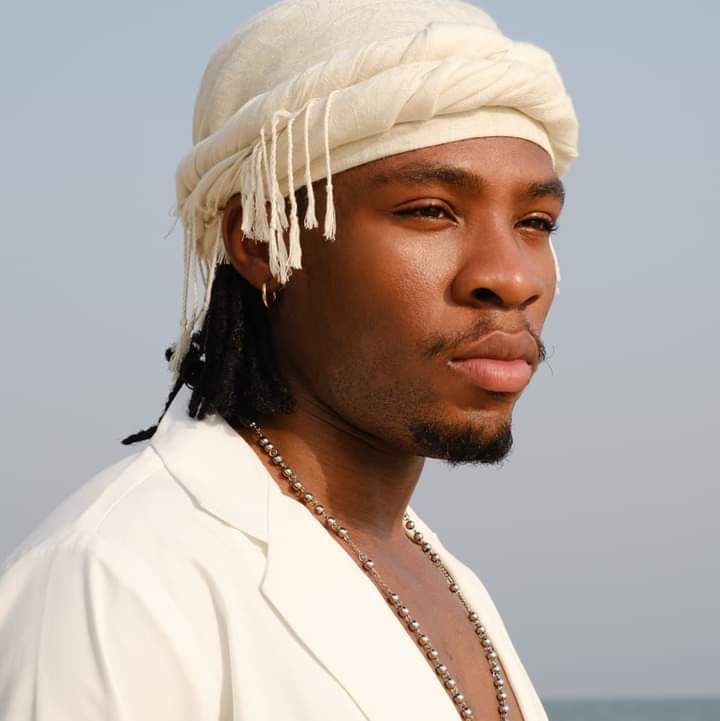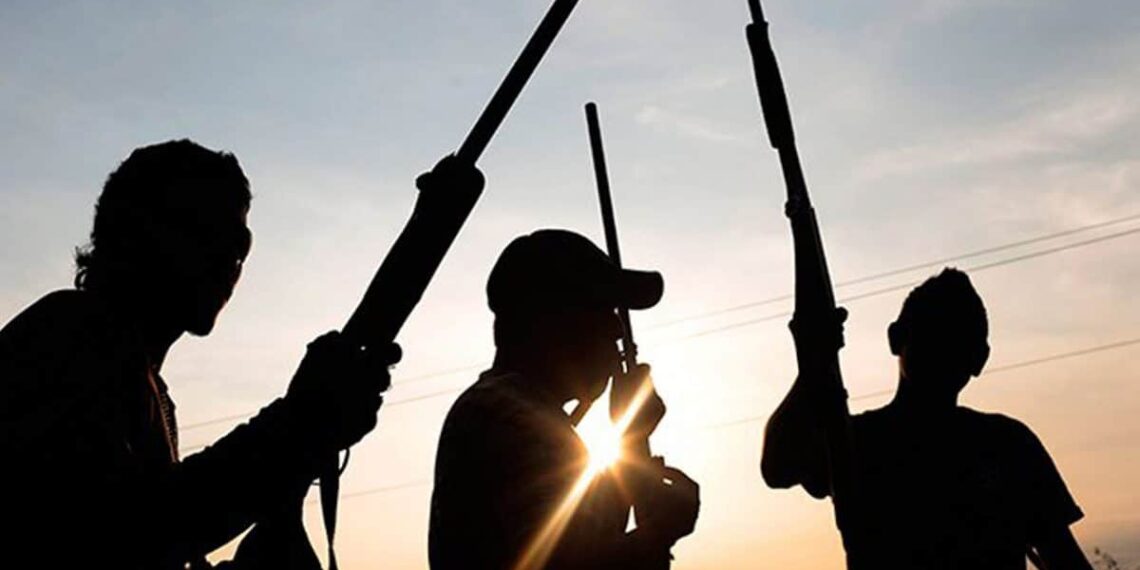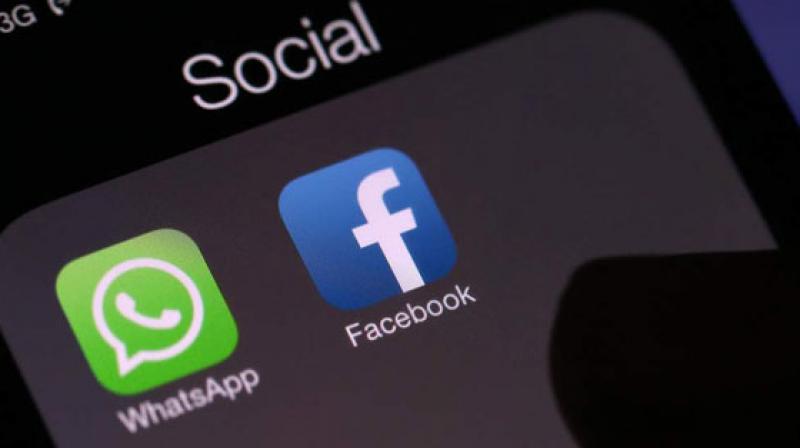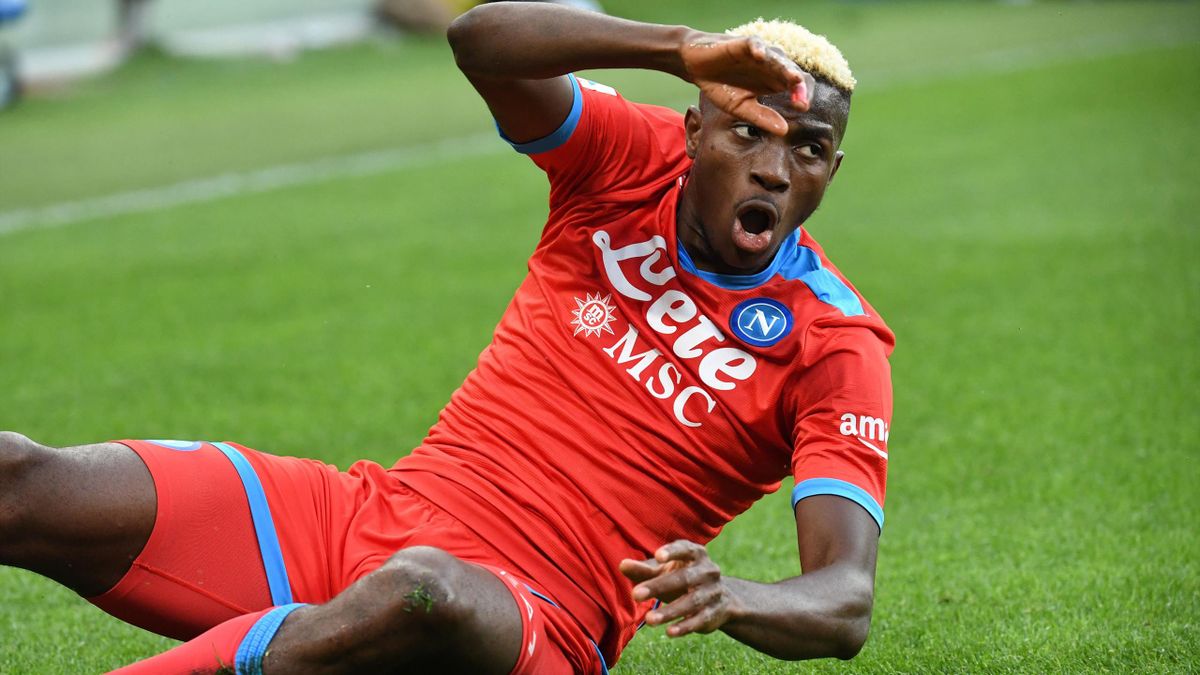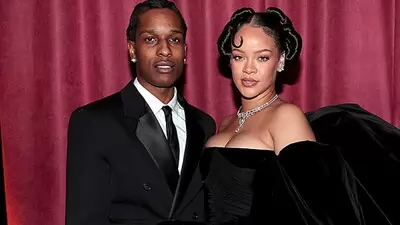When I first voted in an election in Nigeria in 1983, the Internet was just newly born. It had not even been properly named.
Forty years later when I voted for the fifth time, my daughter who attained voting age only 13 years ago and has since voted only once, as far as I know, was telling me from thousands of miles away, where she now lives with her family, how she thought I should have voted and for who. I laughed.
This was by no means a unique experience. A very close friend and managing director of one of Nigeria’s leading media houses told me at the height of the 2023 elections that the politics of who to vote for and why so polarised his home that he had to convene a family meeting where it was decided that all political talk was off limits until after the elections.
As a teenager in 1977 when I followed my parents to the airport to see off my aunt to the UK, there were roughly 120k phone lines in Nigeria. And such luxury well beyond a kid like me from a poor family severely limited not just what I could say to my aunt for many years after she left, but also the speed and frequency.
Today, it’s a different world!
A new book by Niyi P. Ibietan, the fruit of his doctoral research, and entitled, Cyber Politics: Social Media, Social Demography and Voting Behaviour in Nigeria, deals with this fraught, long-standing debate.
Seventy-five years ago, or so, when Paul Lazarsfeld and others took this question to the streets of North Carolina after the US Presidential election to ascertain what influences voter behaviour in what is now famously called the Columbian studies, the researchers concluded that media and campaigns have minimal effects on voters.
Or to adapt Bernard Cohen’s famous phrase, the press was increasingly vital in awareness and relevance, but not necessarily in voter behaviour and attitude.
Before Lazarsfeld and others conducted the Columbian studies, contributions from social psychology in the 1930s, especially following the impact of Hollywood which was then on the rise, and Hitler’s exceptional propaganda in the War, had created the impression that people were like “sitting ducks” for information, or what in technical jargon was the “Hypodermic Needle” theory.
The social context for it in Europe at the time was that it was unlikely for Hitler, especially, to have succeeded, if individuals had not become isolated, atomised and left completely vulnerable to the “bullet” of propaganda.
By the time Marshall McLuhan wrote the Gutenberg Galaxy (1962), expressing the view that instantaneous communication would undermine geographically based power imbalances, the world had almost gone full circle from Laswell to Lazarsfeld, Melvin DeFleur and other scholars whose studies showed that social factors also play a role in mediating information.
So, what is the point of Ibietan’s Cyber Politics?
He not only examines earlier studies on the impact of social factors, including peer, opinion leader and family influences on voter behaviour, he also sets out the broad objectives of the book, raising issues that are both specific and contemporaneous in value.
In other words, instead of leaving the reader wondering what happened on the streets of North Carolina in Lazarsfeld’s studies decades ago and how that affects him in Gwagwalada, Abuja, Cyber Politics uses Nigeria’s 2015 general elections as anchor.
It explores, among other things, the question of whether political conversations amongst Nigeria’s estimated 33 million active social media users, especially the influencers as of 2021 had any significant impact on the outcome of the 2015 election.
Interestingly, the winner of that election, President Muhammadu Buhari, thought social media helped him win. Did it, really? And could it mean that President Goodluck Jonathan who in 2011 actually announced his intention to run for president on Facebook, lost momentum four years later in that space? Or were there other factors for Buhari’s victory?
What commends Cyber Politics, is its laser-beam focus on the role of three pre-selected social media platforms – Facebook, Twitter and WhatsApp – on voter behaviour especially in the election under reference.
Whatever anyone says, I suspect politicians believe that social media works. Whether it counts at the ballot is another matter – and of course, the subject of this book.
What do I mean? When it became obvious during the 2023 general elections that political ads were not coming to LEADERSHIP as projected, for example, I called folks in the campaign of one of the major parties to ask why.
“Well, sorry,” one of the seasoned media guys on the campaign told me.
“We’re doing more on social media now.”
I was scandalised that folks who had built their careers in the mainstream and whom we were banking on would leave us high and dry! But I understood, even if I did so with a heavy heart! Why? A BBC online report www.bbc.co.uk/bitesize/guides/zd9bd6f/revision/7 said, “Politicians are investing heavily in the use of websites, blogs, podcasts and social networking websites like Facebook and Twitter as a way of reaching voters.”
“During the 2019 election campaign,” the BBC report continued, “the Conservatives spent one million pounds on Facebook alone, at a point, running 2,500 adverts.”
As of the time of writing, my anecdotal research in the mass communication curriculum of the University of Lagos; Ahmadu Bello University; and the University of Nigeria, turned up virtually no current locally authored full-length texts in cyber politics.
In light of the exponential growth in social media adoption and use in the last few years, two election cycles after 2015, COVID-19 and #Endsars, students, researchers and scholars would find Cyber Politics a valuable resource material.
As a journalist, for example, shouldn’t I be concerned about the emergence of social media as the “Fifth Estate of the Realm”, a prospect that the author raised in his book?
Would this new estate, in which users are both producers and consumers of information, displace the Fourth Estate, especially if as Time Magazine said in its February 5, 2009 edition, journalism was already in its death throes?
Well, it’s nearly a decade and a half since, and we have seen that the death of journalism was perhaps slightly exaggerated. Convergence has also taught us that it is possible for the Fourth – and perhaps the Fifth – Estates not only to coexist, but also to be mutually reinforcing.
Cyber Politics helps the voter ponder if the social networks they belong to or the influencers they follow have any potential effects on their political behaviour either in terms of mobilisation or their actual voting decisions. Sometimes we think we’re our own man, until we realise like Pavlov’s dog, that someone somewhere might be pulling the strings.
The author makes the important point that “social” did not start with the Internet – after all man is a ‘social’ animal. What the Internet or technology has done, however, is to put a seal on our global village.
But is it true that social media influencers are “motivated to undertake organised campaigns during the election using their platforms, largely due to the need to bring about a better social order?” It does appear to me (and perhaps this was unique to the 2023 elections) that social media influencers were just a force for good as they were a force for mayhem.
The sludge of fake news sometimes unleashed by so-called influencers, not to mention toxicity of the avatars in that space who often insisted it was either their way or the highway, left people like me bereft and alienated.
What about the adverse role of Big Tech in privacy breaches and data manipulation – I’m speaking of course about Meta’s $725 million settlement over the Cambridge Analytica scandal and Elon Musk’s $44 billion Twitter adventure! Were these also motivated by a desire to do good? It would be interesting to see how Cyber Politics 2.0 or any other research into the 2023 election explores these episodes.
Yet, whatever Cyber Politics or any other text on voter behaviour may say to politicians, our politicians, while they may keep one eye on social media they will, as Joseph Stalin famously said, keep the other eye on “the people who count the vote!”
Politicians can also not be too far from the millions of voters in remote villages and influencers currently out of the social media loop, who still speak in tongues other than clicks and bytes.
Yet, even that landscape is changing slowly. What Ibietan does in his book is to help us understand, and perhaps, better navigate an evolving social space where a simple networked device is fundamentally affecting our shared values and interests.
